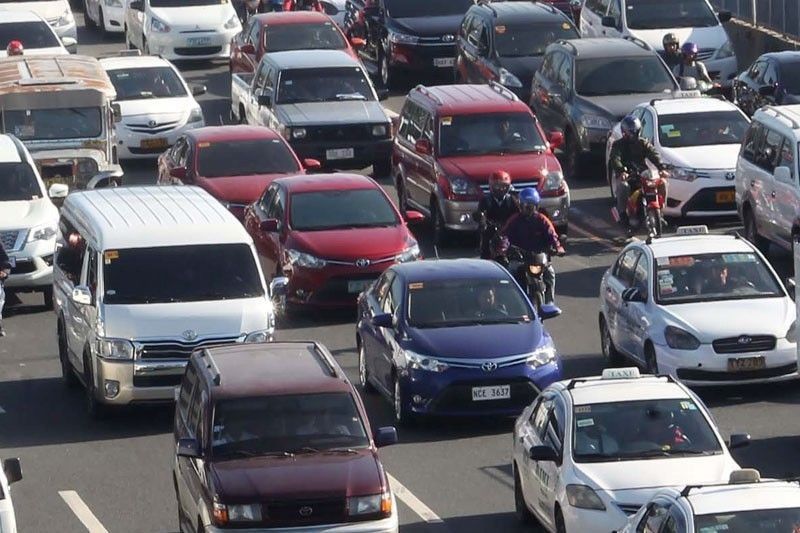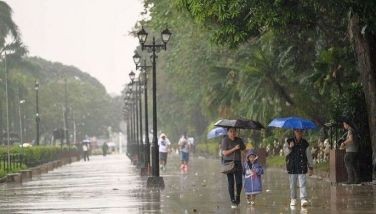House panel OKs bill simplifying road user tax, exemption for motorcycles

MANILA, Philippines — The House ways and means panel has approved a measure adjusting the road user tax charged on motor vehicles and providing exemptions for motorcycles and tricycle users.
The measure, which consolidates five bills, seeks to update Motor Vehicle User’s Charge rates and raise additional revenues to help fund government initiatives on road safety.
The bill is a refiled version of a similar measure that passed final reading during the 18th Congress. It amends a 23-year-old law that requires the government to adjust MVUC rates to secure funding for the maintenance of national and provincial roads.
MVUC rates were last tweaked in 2004 and have not been adjusted for inflation for the past 18 years, according to the explanatory note of one of the bills, which was filed by House ways and means chair Rep. Joey Salceda (Albay).
According to Salceda's proposal, the government will raise at least P274 billion funds from the road user tax charges over the next five years. The proposal also earmarks 45% of incremental revenues to the government's PUV modernization program and 5% for road crash prevention programs.
Meanwhile, for-hire vehicles will get a 50% discount from their MVUC payments, while motorcycles and tricycles will be exempted, according to the measure.
“As envisioned, the earmarking for PUV modernization will be enough for equity subsidy of P500,000 per unit of PUV,” Salceda added.
According to estimates from the Department of Finance, “the implementation of the MVUC reform will have minimal impact on public transport fares in 2024” of between seven to 42 cents.
P300 billion spent on road construction, repair annually
In a previous committee hearing over the bill, Salceda said that car owners are “heavily subsidized” in terms of the current road user tax that they pay, given that the National Government reportedly spends around P300 billion on road construction and repair every year. The MVUC, meanwhile, accounts for over P18 billion a year.
Southeast Asian neighboring countries Singapore and Vietnam are known to impose higher taxes on private car ownership besides requiring additional documents like certificates of entitlement.
Salceda said that the approved measure is “highly progressive” given that around 52%of car-owning households belong to the richest percentile.
Private cars take up more space on the road than vehicles like trains and buses, especially cars that only carry one passenger.
“The rich will pay. It will create more funds for development. It will increase output,” he added. — Cristina Chi with reports by James Relativo
- Latest
- Trending




























